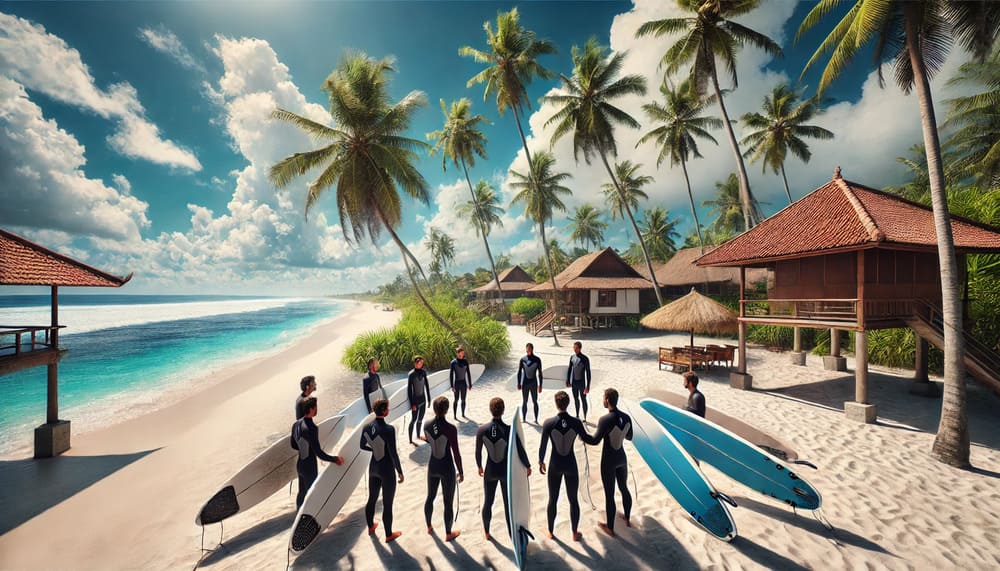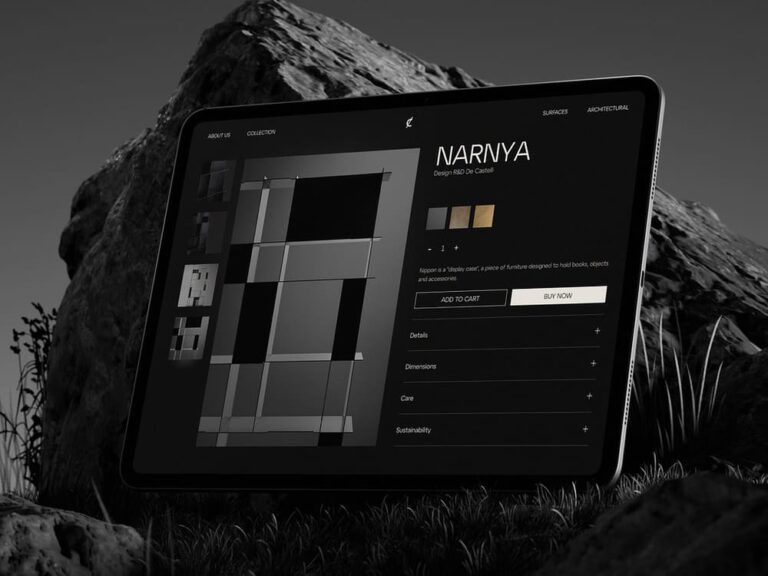- Business License (Izin Usaha): This is the foundational license required to operate any business legally in Indonesia.
- Tourism License (Izin Usaha Pariwisata): Since surf schools fall under the tourism industry, you’ll likely need a tourism license as well. Make sure your school complies with Bali’s tourism regulations.
- Work Permits for Foreigners (KITAS): If you plan to work or hire foreign instructors, they will need a KITAS, a work permit required for expatriates in Indonesia.
Working with a local legal advisor or consultant can be incredibly helpful in navigating these requirements. They will ensure that your business operates smoothly without any legal issues down the road.
- Kuta Beach is the most popular surf spot for beginners, thanks to its gentle waves and large beach area. It’s also close to the island’s main tourist hub, making it a prime location for beginner surf schools.
- Canggu offers more intermediate waves and has a rapidly growing expat and tourist community. This area is ideal if you want to cater to slightly more experienced surfers.
- Uluwatu and Padang Padang are famous for their challenging waves and are home to many advanced surfers. If you plan to target professional or highly skilled surfers, these spots are ideal.
Before settling on a location, consider factors like access to the beach, foot traffic, proximity to accommodation, and the availability of parking. Renting beachfront property can be expensive, but the visibility and convenience for students can justify the investment.







